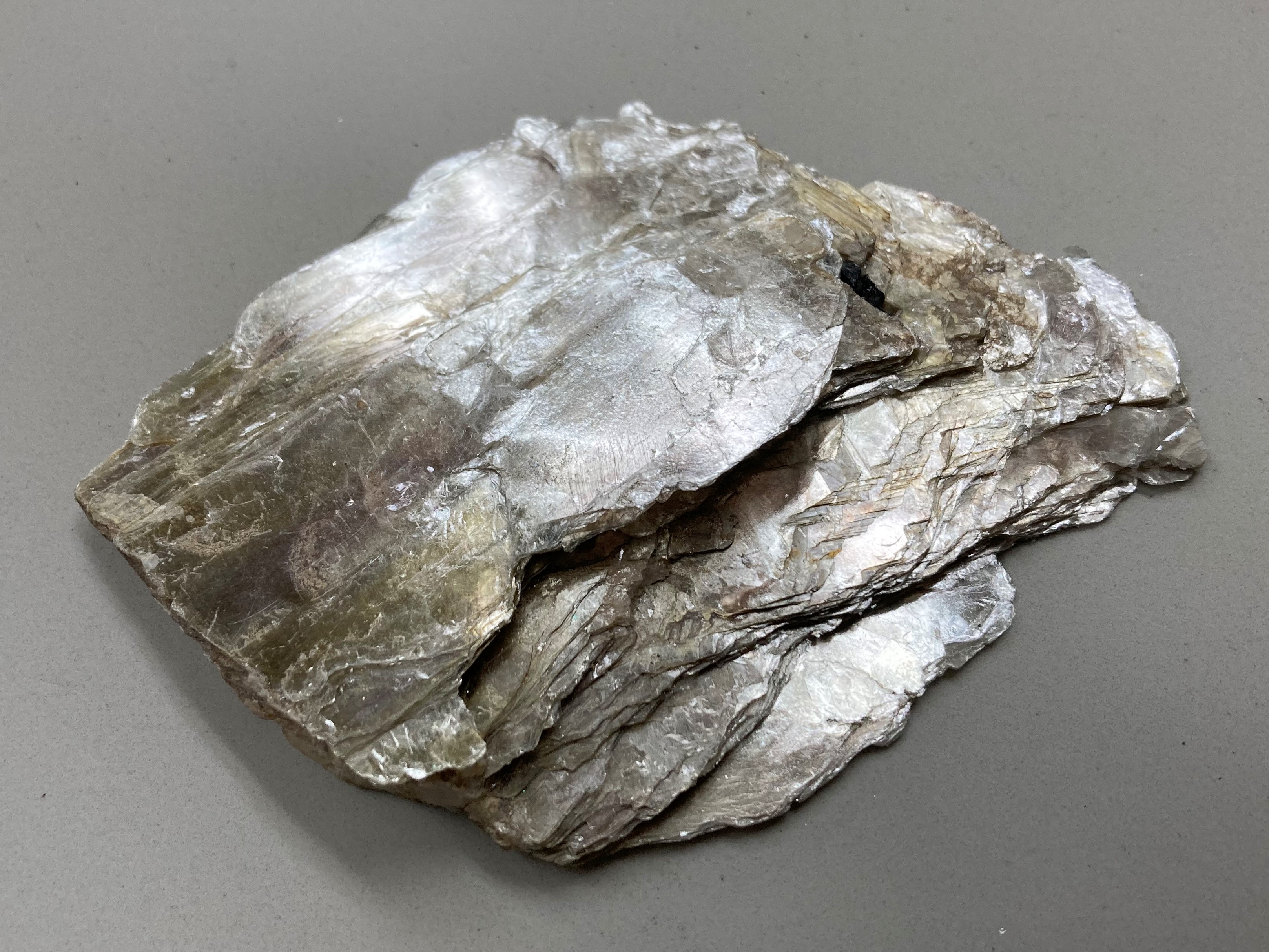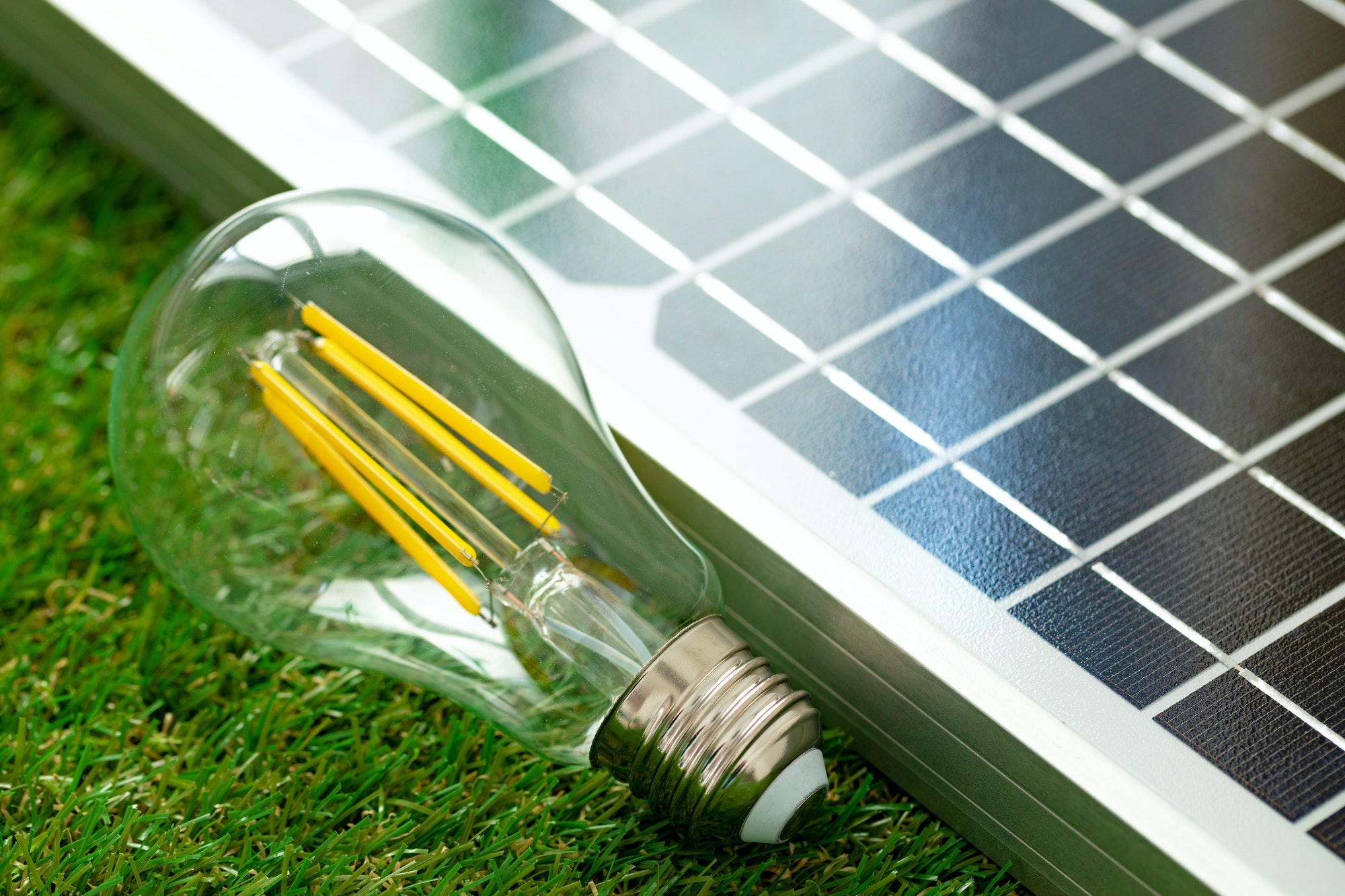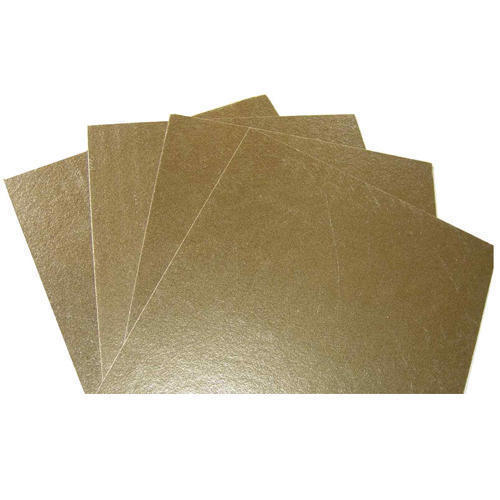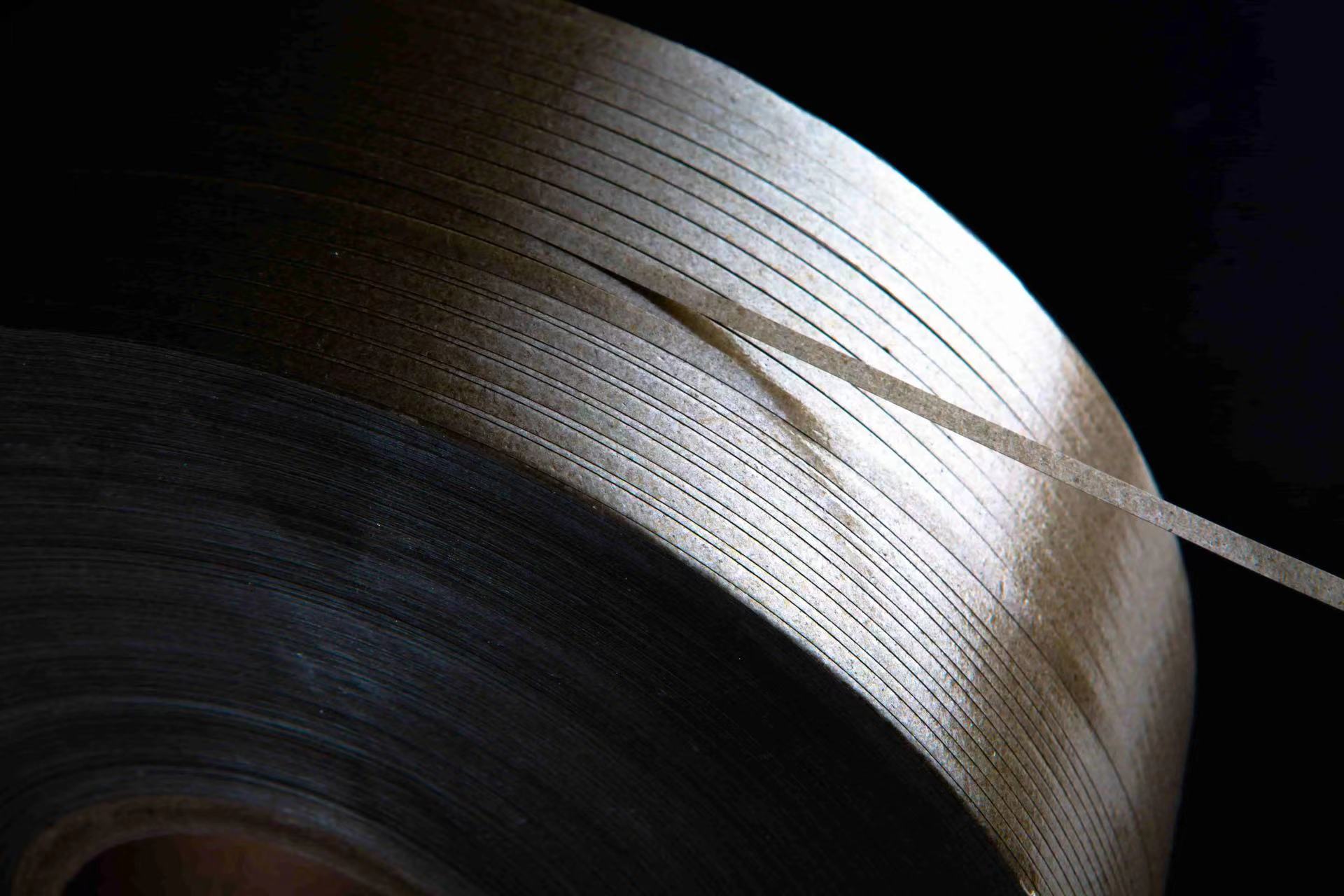It’s no surprise that EV manufacturers are shifting from traditional cabling to busbars for supplying electricity across the vehicle. Unlike vehicles running on fossil fuels, EVs can’t be recharged in a jiffy and hence it’s important to prevent wasting electricity. And busbars do a way better job than traditional cables. They provide a higher electrical conductivity compared to a cable of the same cross-section and are therefore compact enough to accommodate other components in an EV.
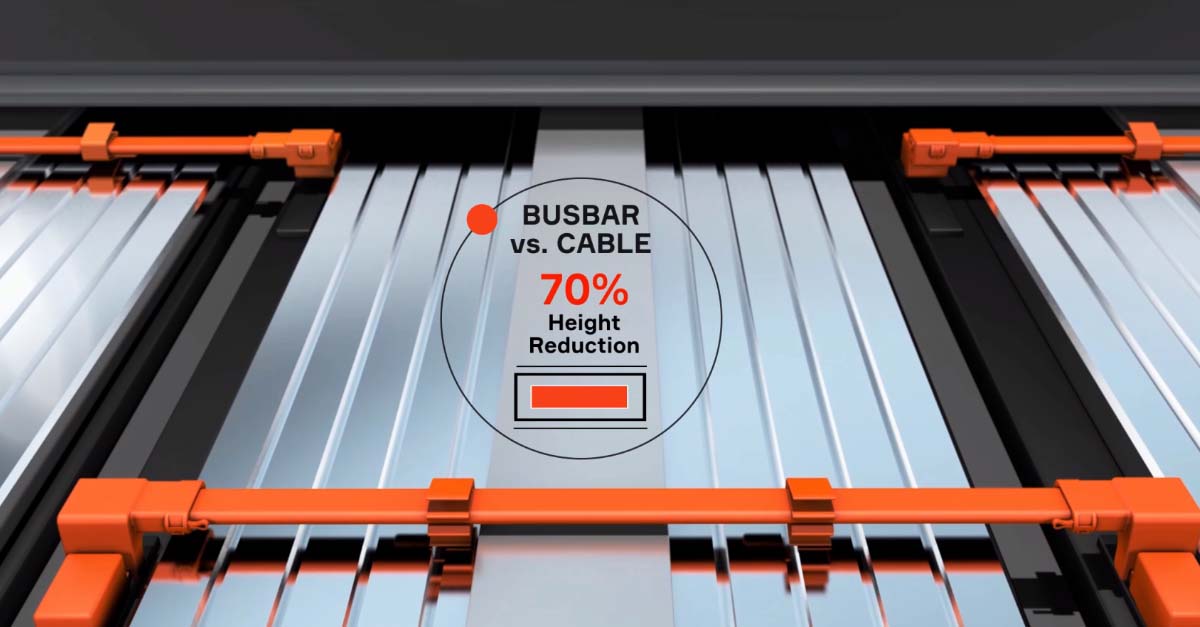
A key component of busbar manufacture is the insulation used for them. The insulation helps keep the electrical system compact without compromising the electrical needs.
There are plenty of materials that can be used as insulation for busbars. But without proper quality control, they may be unsuitable for use in EV batteries. Here are some of the common quality problems found in EV busbar insulations.
Not flexible enough – tear or dilution of insulation
While busbars are expected to be rigid, some level of flexibility is expected during assembly. Flexible busbars can be incorporated into different designs; both for the battery and the vehicle and if they can be attached as close to the vehicle profile as possible, there’s more space available for other components.
For busbars to be flexible, the insulation used in their manufacture must be flexible enough. But sometimes the insulation is not flexible or stretchable enough. This means when the busbar is slightly bent or flexed the insulation may tear or at least be diluted at some points.
Its also important that the insulation material doesn’t suffer from mechanical creep, or the tendency of materials under stress to permanently deform. This can cause dilution of insulation over a long time.
Not stable at high temperatures
This is an important requirement in EV busbar applications. Busbar insulations are manufactured for high thermal stability and can withstand sustained high temperatures. But manufacturing defects and quality control issues can result in insulation that degrades or decompose at lower temperatures. This can cause safety issues to the electrical systems and the vehicle.
A growing trend is to use mica tapes or sheets for insulation. They have excellent thermal and electrical properties vastly exceeding the requirements for EV batteries and busbars.
Arc tracking
Arc tracking occurs when a stretch of non-conducting polymer starts conducting electricity. While the possibility was low with earlier ICE systems which used 12v or 24v systems, busbar insulations often face higher voltages across them.
Arc tracking is usually due to high voltages breaking down the polymer, and can cause the polymer to ignite. It’s important that the insulation materials used for busbars in electric vehicles are tested for their arc tracking properties.
Not enough water and chemical resistance
Busbars used in EVs, particularly around the battery pack will be exposed to various chemicals. And it is important that the insulation remains stable in this environment. Reactions with these chemicals can degrade polymers and the materials used here must be tested for the same.
It’s also important that the material doesn’t absorb water. That can affect the electrical properties of the insulation and affect the performance of the busbar.
Flammability
As you can picture, flammability is a drawback for insulation. Flammable insulations can cause the battery pack or the electrical system to catch fire which can be catastrophic. Poor quality insulation material can catch fire easily and can make the battery pack or the vehicle prone to electrical fires.
SEE DATAMICA BUSBAR SOLUTION SOLVE ABOVE ALL. CLICK HERE TO GET SOLUTION

